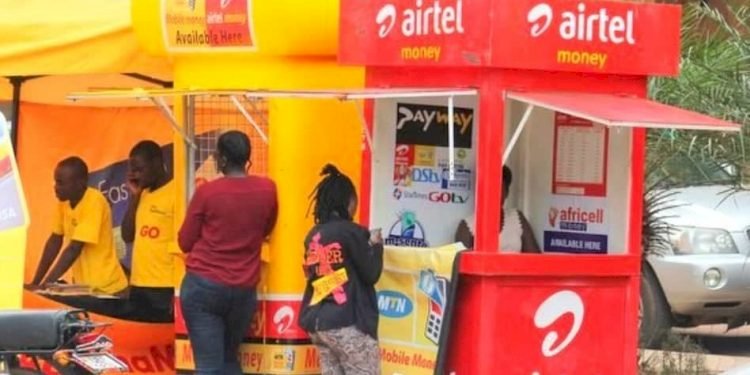E-levy Takes Effect Today

Effective today, Sunday, the government’s new 1.5% tax that affects most electronic financial transfers kicks in. The Controversial Tax has also been in the offing since the November 2021 when Ken Ofori-Atta announced its planned implementation in the presentation of the 2022 budget statement. After unsuccessful attempts to get it
passed between December and February 2022, due to fierce resistance from the minority National Democratic Congress (NDC) caucus in parliament, it was passed in the March 2022 after the minority caucus boycotted the session. E-levy was initially pegged at a rate of 1.75%, but it was later reduced to 1.5% in the final approved bill
among other changes suggested. Government among other reasons cited the need to generate revenue locally due to scourge of COVID-19 on the country’s economy, but the opposition contended that the tax will also lead to untold hardship for Ghanaians as many are already burdened with other taxes. The opposition suggested
expenditure cuts by the government and the blocking of the loopholes as an alternative to the E-levy. The Ghana Revenue Authority, which is the implementing body for the new tax has been engaged in a series of meetings with the various stakeholders and including the charging entities to ensure the smooth implementation of the tax.
It has also undertaken some media sensitization on the levy, but says it will also be implemented in phases. By Saturday, April 30, 2022, several commercial banks and all mobile networks had sent several tax messages and emails to customers reminding them of implementation of the E-levy starting the May 1, 2022. Dear Cherished
Customer, Please be informed that E-Levy charges starts from Sunday, 01/05/2022. Please note the levy applies to electronic money transfers, including wallet to bank, bank to wallet and then bank to bank transactions. The reaction to the reminders according to some persons who spoke to the media have been a mad rush to also
withdraw funds in their mobile money accounts with some suggesting that the introduction of the E-levy would mean that they have to reduce their electronic transactions and deal more in physical cash. This action has prompted the government to review downwards its expected revenue from the E-levy from an initial GHS¢6
billion to about GH¢4 billion. The E-levy will be charged on transfers between two different users on the same mobile network and two different users on separate mobile networks; transfers from the Bank accounts to Mobile money accounts, transfers from Mobile money accounts to banks and interbank transfers using mobile applications or other digital platforms.








